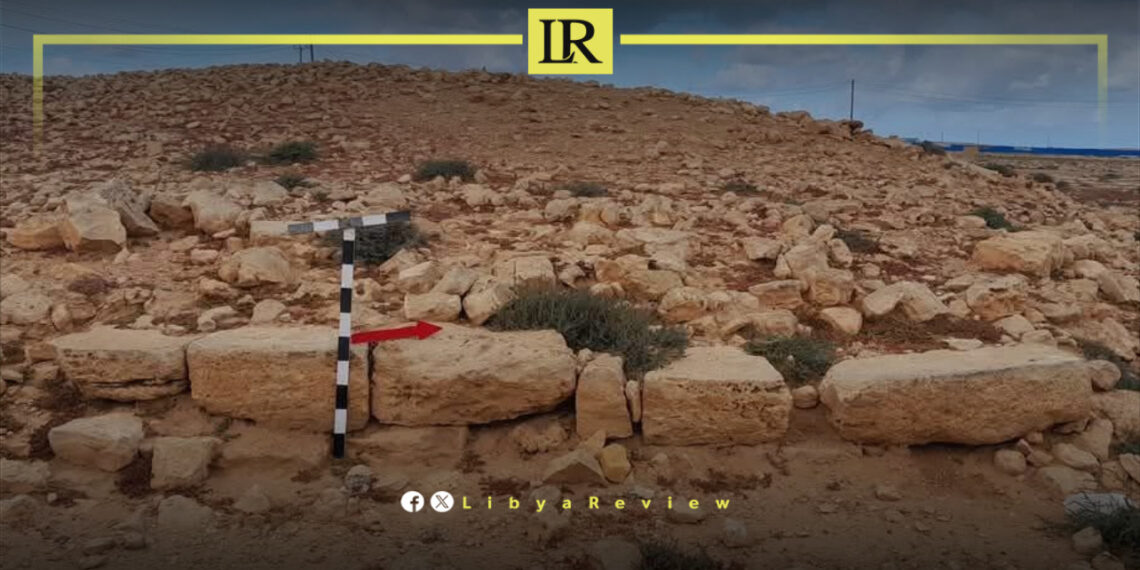The Benghazi Department of Antiquities has received 15 bronze coins recently unearthed during an archaeological field survey in the city. The coins were handed over by researcher Jalal Al-Obaidi from the Technical Affairs Division to the Department of Museums and Archaeological Storage.
According to the department, the discovery was made during systematic field surveys conducted across several sites in Benghazi. The handover ceremony was attended by Head of the Technical Affairs Division, Muneim Al-Fitouri, who underscored the significance of these surface finds.
Al-Fitouri noted that the coins may serve as early indicators of past human activity in the area, highlighting the need for further archaeological research. Both Al-Fitouri and Al-Obaidi prepared a detailed technical report, including photographs, describing the location and context of the discovery.
The report recommended fencing off the site and conducting exploratory excavations to uncover additional historical insights. Officials believe the site may hold crucial archaeological evidence that could enhance understanding of Benghazi’s ancient history.
This initiative is part of the department’s ongoing mission to safeguard and document Libya’s rich archaeological heritage and to address threats to its preservation.
Libya has been in chaos since a NATO-backed uprising toppled longtime leader Muammar Gaddafi in 2011. The county has for years been split between rival administrations.
Libya’s economy, heavily reliant on oil, has suffered due to the ongoing conflict. The instability has led to fluctuations in oil production and prices, impacting the global oil market and Libya’s economy.
The conflict has led to a significant humanitarian crisis in Libya, with thousands of people killed, and many more displaced. Migrants and refugees using Libya as a transit point to Europe have also faced dire conditions.
The planned elections for December 2021 were delayed due to disagreements over election laws and the eligibility of certain candidates. This delay has raised concerns about the feasibility of a peaceful political transition.
Despite the ceasefire, security remains a significant concern with sporadic fighting and the presence of mercenaries and foreign fighters. The unification of the military and the removal of foreign forces are crucial challenges.


